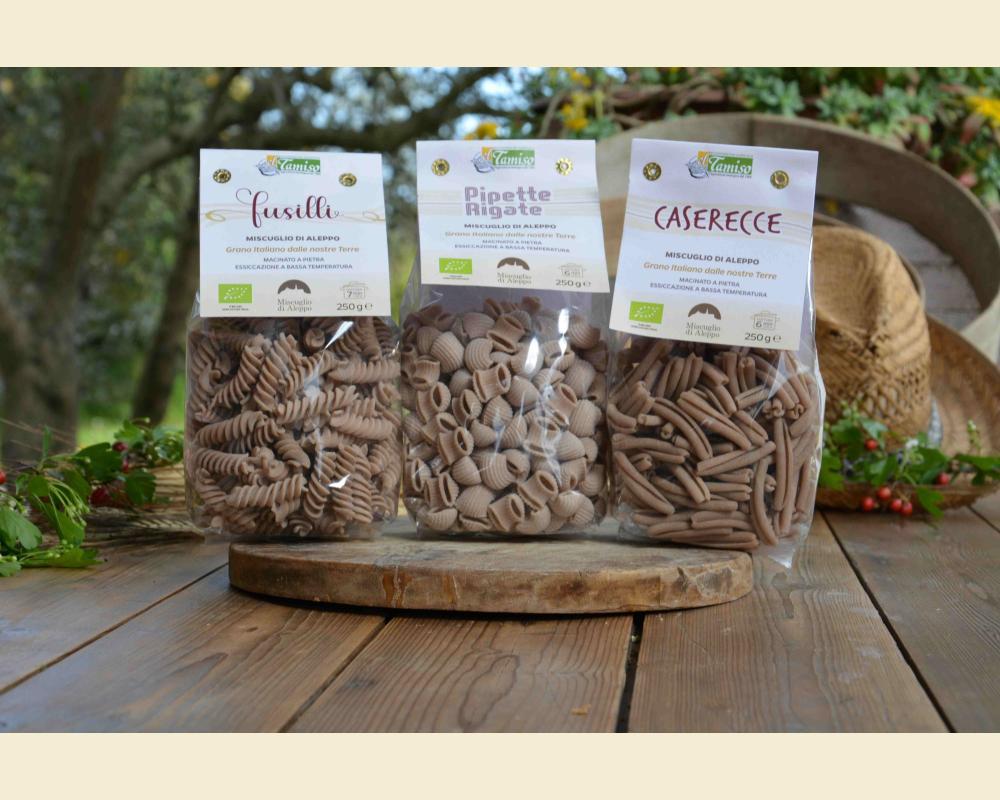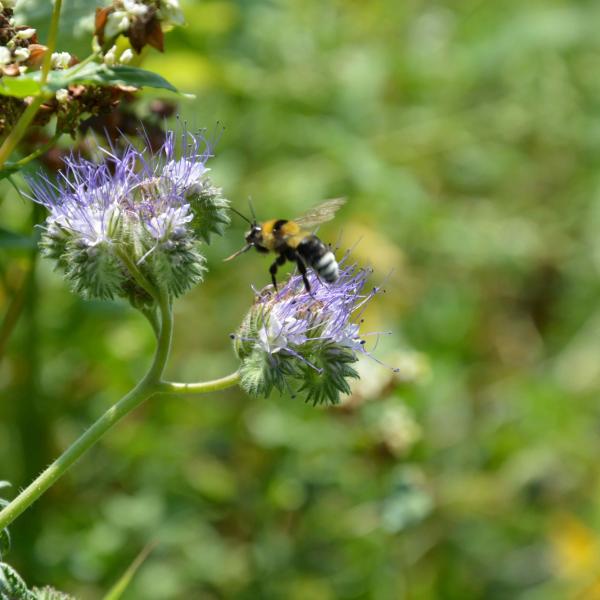Why eat Furat-based products?
Eating organic products based on an evolutionary mixture is good for your health

Several studies in medical journals have shown that the decrease in biodiversity is associated with a series of problems for human health.
These studies concern the effect of diet on the composition and diversity of the microbiota. Remember that the microbiota - also known as intestinal flora - is the complex of bacteria, viruses, fungi, yeasts and protozoa that lives in our intestine and that not only our physical health but also our mental health depends on its composition and diversity.
In particular, our immune system depends on the composition and diversity of the microbiota and therefore the possibility or not of contracting inflammatory-based diseases, such as irritable bowel, ulcerative colitis, cardiovascular disorders, various liver diseases and many types of cancer. With regard to mental health, it has been demonstrated that the microbiota regulates both the brain and behavior, and influences anxiety, depression and, in general, quality of life.
Given the important role of the microbiota on the one hand and the fact that it is so strongly and rapidly influenced by diet on the other, it is understandable that there have been many studies on the effect of various diets (Western, omnivorous, Mediterranean, vegetarian, vegan, etc.) on its composition and diversity. The general recommendation of these studies is that in order to have a healthy microbiota, it is necessary to follow a diet that is as diverse and varied as possible. However, following this recommendation is a problem since behind our food there is an agriculture based on uniformity: three crops, wheat, corn and rice, provide us with 50% of our energy, and 12 plant species together with five animals represent 75% of our food. And it is an even more complicated problem in Italy since in our diet there are often bread and pasta, produced precisely from one of those crops in which genetic improvement has reduced genetic diversity the most: a few genetically uniform varieties and all more or less related to each other and mostly coming from industrial agriculture.
Bread, biscuits, and crackers produced with Aleppo Mixed wheat flour, and pasta made with durum wheat Aleppo Mixture semolina, both grown organically, offer a solution to the problem because in that bread, in those cookies, and in those crackers there are about 2000 different types of common wheat, and in that pasta dish about 700 different types of wheat.
Some things to consider:
- The parameter that indicates the strength of a flour is W, which depends on the amount and type of proteins present in the wheat. A high W value indicates strength flour. It is assumed that many of the intolerances to gluten are related to the consumption of products containing strength flours. The W in strength flours produced from modern varieties reaches 350-400, the flours produced from the Aleppo Mixture rarely have a W that exceeds 100 so the products are more easily digestible .
- Industrial pastes are often advertised for their cooking resistance. But pasta that doesn't cook, doesn't cook because it has been dried quickly at high temperatures. This leads to the gelatinization of starch, which makes the pasta resistant for a long time to cooking, but also to digestion. Aleppo mixed semolina pasta is produced with artisanal processes that require slow drying at low temperatures.
- One of the consequences of rapid drying at high temperatures is the formation of high amounts of furosine, an unnatural substance, harmful to health. Analyses carried out on samples of semolina pasta from Miscuglio di Aleppo have detected a furosine content three times lower than that of industrial pasta.
Text by Stefania Grando and Salvatore Ceccarelli
Read also: Gluten, Intolerances, Strength Flours




